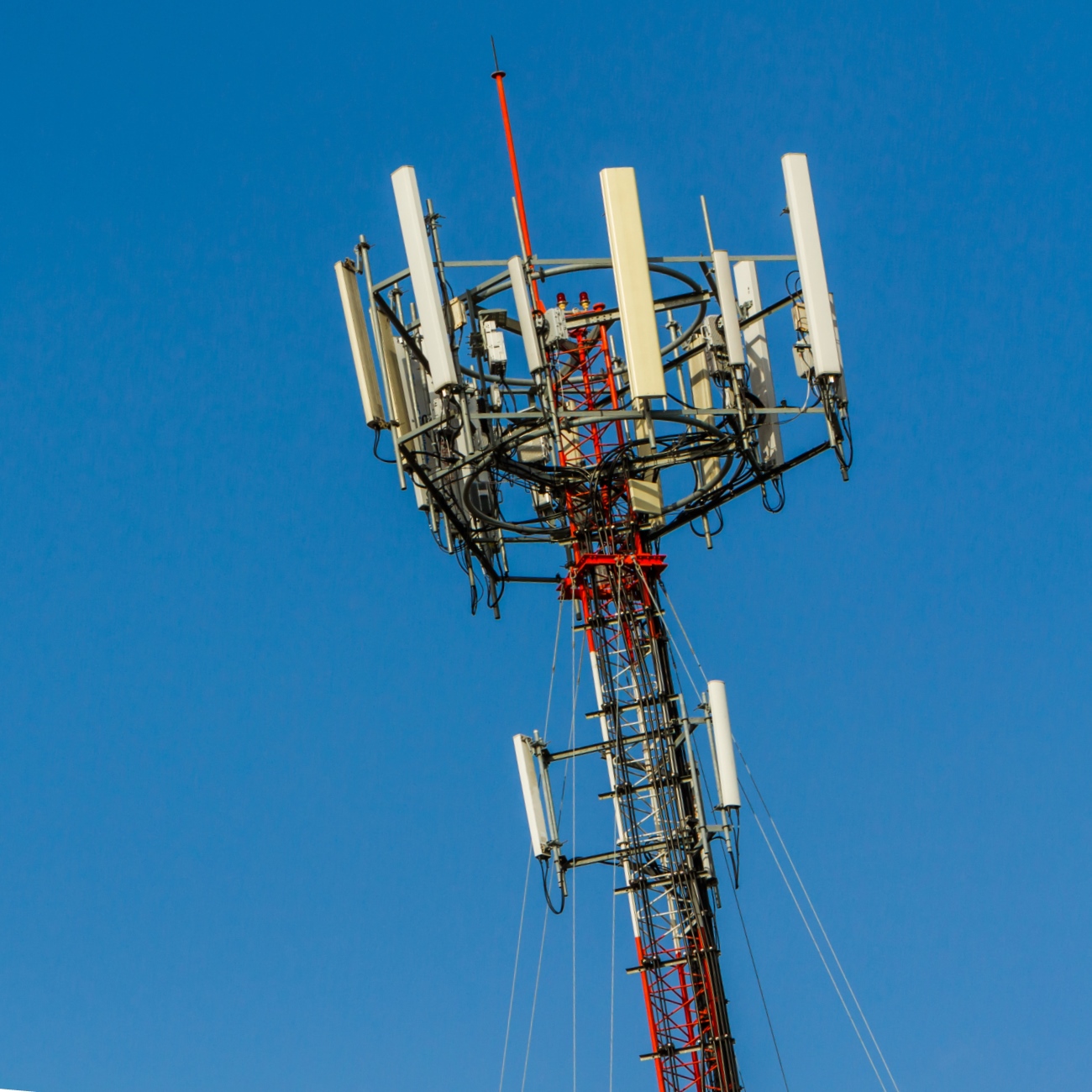Telecom & Wireless
Why Sprint Shareholders Are Tempering Expectations of a T-Mobile Merger Premium

Published:
Last Updated:

It has been widely speculated that a merger of T-Mobile US Inc. (NASDAQ: TMUS) and Sprint Corp. (NYSE: S) would create a very powerful number-three wireless telecom carrier in the United States. T-Mobile was worth about $53 billion and Sprint about $34 billion prior to Monday’s open.
Now it seems that a reality check is settling in over what Sprint actually may be worth in a merger. While it is unconfirmed yet that the buyout premium hope was exaggerated, it should temper those who were hoping Sprint would see a huge premium.
T-Mobile has managed three years of operating profits and net income from ongoing operations. On the other hand, Sprint has struggled for profits as the number-four player and has had massive debt and been under Softbank for some time now.
24/7 Wall St. expected this merger to be a true one rather than a big premium acquisition. After all, Sprint’s bargaining power as a standalone and holdout may be compromised due to its operating history and to its balance sheet with its $34.5 billion in long-term debt still larger than Sprint’s annual revenues.
Now CNBC’s David Faber has reported that T-Mobile and Sprint have entered into due diligence in what would be a stock-for-stock transaction that would make majority owner Deutsche Telekom the larger parent company.
According to the CNBC report, the exchange ratio of shares would be more of an at-the-market offer. That would crush the hopes of a large cash buyout or a big stock premium deal. Such a deal also reportedly may not occur for close to another month.
One issue that Faber did highlight here was that the minority shareholders would have an ownership in the mid-thirties as a percentage of the combined company. When you compare the market caps that implies a lack of a major premium.
Bloomberg also reported that majority owner Softbank would be willing to accept a deal at or close to the current Sprint valuation.
T-Mobile US’s shares were last seen down 1.1% at $63.33 on Monday, in a 52-week trading range of $44.91 to $68.88. Its consensus analyst price target from Thomson Reuters is $71.96.
Sprint shares were taking it more on the chin due to a lack of hope for a big premium. Sprint shares were down 6.5% at $7.97 on Monday morning. It has a 52-week range of $5.83 to $9.65, but the consensus analyst target for Sprint was last seen at only $7.28.
Investors have another consideration here. Sprint shares entered 2017 at about $8.50, but this was a $6.27 stock on the 2017 presidential election day. Its shares popped immediately to $7.11 when it was deemed that regulatory reviews from the U.S. Department of Justice and Federal Communications Commission under the new administration likely would be looser than the tighter merger regulations under the Obama administration.
A lot of upside already had been factored in long before this merger seems to be finally coming to a head. Now that upside is being tempered, there are still many unknowns about the actual price and how the current administration actually will treat a merger of the third and fourth largest carriers.
Let’s face it: If your money is just sitting in a checking account, you’re losing value every single day. With most checking accounts offering little to no interest, the cash you worked so hard to save is gradually being eroded by inflation.
However, by moving that money into a high-yield savings account, you can put your cash to work, growing steadily with little to no effort on your part. In just a few clicks, you can set up a high-yield savings account and start earning interest immediately.
There are plenty of reputable banks and online platforms that offer competitive rates, and many of them come with zero fees and no minimum balance requirements. Click here to see if you’re earning the best possible rate on your money!
Thank you for reading! Have some feedback for us?
Contact the 24/7 Wall St. editorial team.